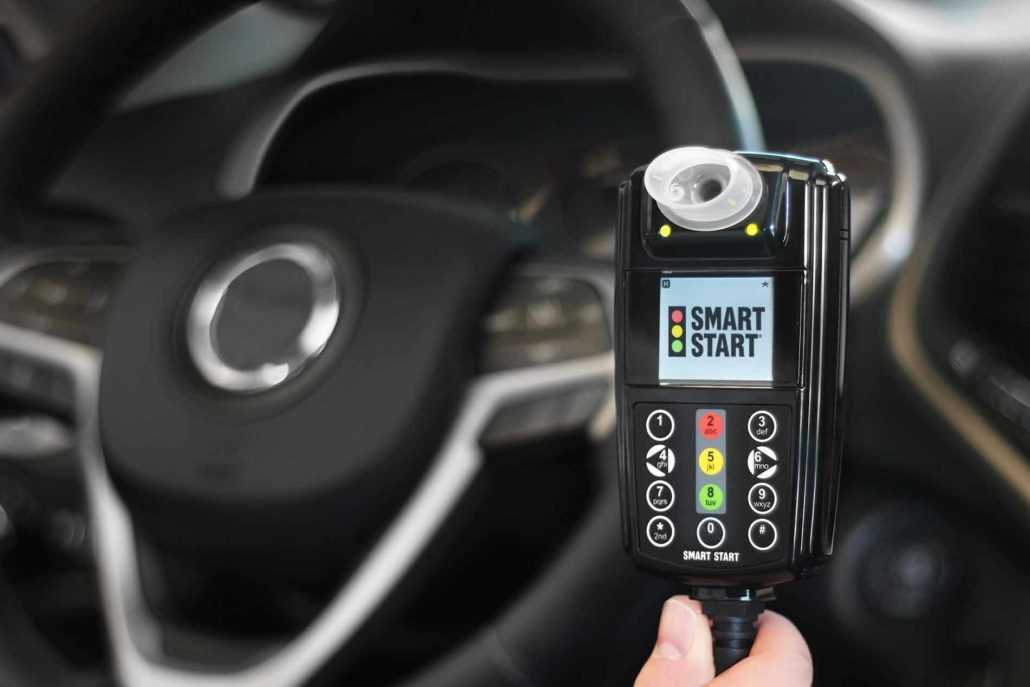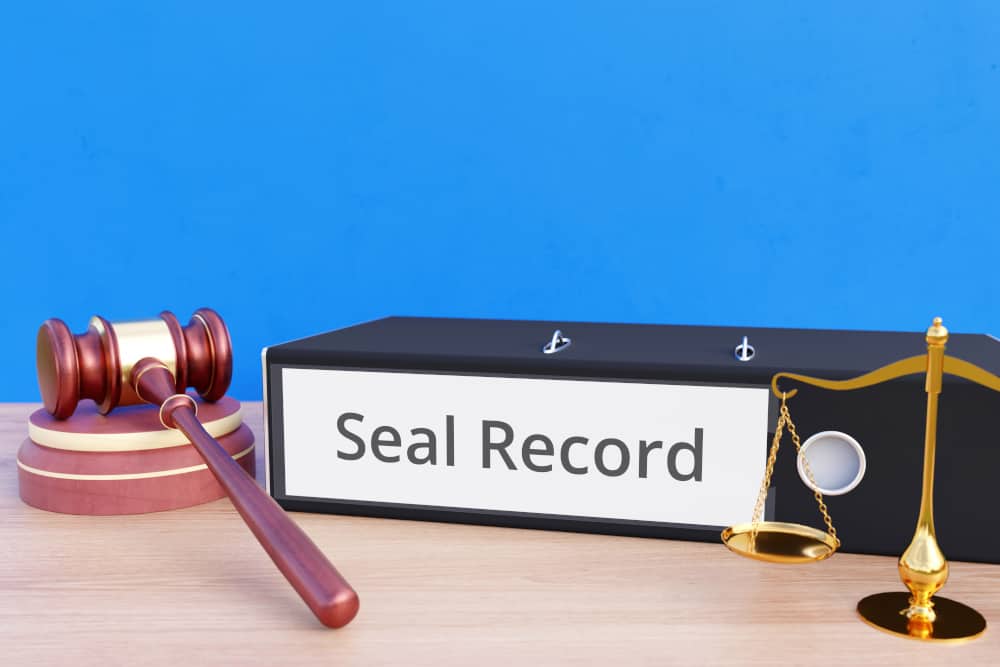If you’ve recently been arrested or charged with a DWI, you’re probably wondering how bad the DWI penalties really are and what options you still have. The good news? You’re not alone—and you’re not without choices. The bad news? Texas and most other states treat DWI offenses seriously. One wrong step could leave you facing jail time, steep fines, a suspended license, and years of fallout. That’s why knowing how to handle DWI penalties is crucial, especially when the clock starts ticking the moment you’re charged.
This article dives into the consequences of a DWI arrest, explains how those DWI penalties stack up depending on your case, and outlines what you can do right now to minimize the impact. Through real-life examples, sharp legal insight, and practical advice, we’ll help you understand how to handle what comes next—without panic or guesswork.

What Are DWI Penalties?
DWI penalties refer to the criminal, civil, and administrative consequences someone faces after being convicted of Driving While Intoxicated. Penalties vary widely depending on whether it’s your first, second, or third offense—and whether aggravating factors were involved, such as a high BAC, injury, or having a child passenger.
In most states, especially Texas, DWI penalties can include jail time, fines, community service, license suspension, and mandatory alcohol education classes. For repeat offenders or felony DWIs, the penalties can escalate to years in prison and permanent loss of driving privileges.
Real-Life Example: When a Night Out Turned Into a Legal Nightmare
Take Josh, a 30-year-old sales manager in Dallas. He was pulled over after swerving late at night. His BAC was 0.12%. It was his first offense, and no one got hurt. Still, he faced a $2,000 fine, 180-day license suspension, and 40 hours of community service. The worst part? He had to explain it to his employer and nearly lost his job. Even a first offense can upend your life if you’re not careful.
DWI Penalties by Offense Level
One of the most important things to understand about DWI penalties is that they escalate with each subsequent offense. The courts treat second and third offenses much more harshly than the first, and there’s very little room for leniency if you’ve been through the system before.
First-Time DWI Penalties
- Fines: Up to $2,000
- Jail Time: 72 hours to 180 days
- License Suspension: 90 days to 1 year
- Probation: Often 6–12 months
- Ignition Interlock: May be required
Even a first-time DWI can result in jail time if certain aggravating factors are present, such as a BAC over 0.15 or an open container in the vehicle.
Second-Offense DWI Penalties
- Fines: Up to $4,000
- Jail Time: 30 days to 1 year
- License Suspension: Up to 2 years
- Ignition Interlock Device: Mandatory
- Increased Insurance Costs
The court also views second offenses as proof that the individual didn’t learn from their first experience. Judges may impose stiffer terms to prevent future violations.
Third or Subsequent DWI Penalties
- Fines: Up to $10,000
- Prison Time: 2 to 10 years
- License Suspension: Up to 2 years or permanent revocation
- Loss of Voting and Firearm Rights
- Felony Record: Permanent criminal history

This level of penalty reflects the seriousness of repeated drunk driving. It’s not just about bad judgment—it’s treated as a threat to public safety.
Aggravating Factors That Increase DWI Penalties
In many cases, DWI penalties increase because of additional elements known as aggravating factors. These are specific circumstances that make the offense more serious in the eyes of the court.
Common Aggravating Factors:
- BAC over 0.15%
- Child passenger under 15
- Accident causing injury or death
- Open alcohol container in the vehicle
- Prior convictions
- Driving without a valid license
When these factors are present, judges often impose enhanced penalties, sometimes upgrading the charge to a felony even if it’s a first offense.
Real-Life Example: One Bad Decision Too Many
Clara, a 42-year-old nurse, had two previous DWIs but hadn’t been in trouble for years. One night she drove home after two glasses of wine and got pulled over with her 9-year-old in the car. She was charged with felony DWI with child endangerment. That charge carried a possible 2-year prison sentence and a CPS investigation into her parenting.
License Suspension and DWI: What You Should Know
One of the most frustrating DWI penalties is license suspension. Losing the ability to drive affects your job, your family, and your independence. In many cases, your license is suspended both administratively (by the DMV) and judicially (by court order). The double penalty makes it feel like you’re being punished before you’re even found guilty in court.
Administrative License Revocation (ALR)
Texas and many other states impose immediate license suspension under the ALR program. If you fail or refuse a breath or blood test, your license may be suspended before you ever appear in court. The goal of this policy is to quickly remove potentially dangerous drivers from the road—even before a conviction.
- Refusing a Test: 180-day suspension
- Failing a Test: 90-day suspension for first offense
- Second Refusal or Failure: Up to 2 years
You have only 15 days from the date of arrest to request a hearing to challenge the suspension. If you don’t act fast, your license will be suspended automatically. Acting quickly allows you to preserve your rights and possibly retain limited driving privileges.
Occupational License Option
Many defendants qualify for an occupational license, which allows limited driving for work, school, or essential errands. However, applying for one requires court approval, fees, and sometimes a waiting period. Having a lawyer guide you through the application can speed up the process and improve your odds of success.
Financial Fallout: How DWI Penalties Add Up
The financial cost of DWI penalties goes far beyond the initial court fine. Between mandatory fees, legal representation, insurance hikes, and lost income, a single DWI can cost thousands. These costs often come all at once, placing significant stress on individuals and families already dealing with legal pressure.
Breakdown of Typical Costs:
- Fines and Court Fees: $500–$10,000
- Attorney Fees: $1,500–$5,000
- DWI Classes and Probation Fees: $100–$500
- SR-22 Insurance: Premiums may double or triple
- Ignition Interlock: $75–$150 per month

Even after your case is closed, the financial strain can last for years due to increased car insurance rates and employment difficulties. Some employers even conduct annual background checks, which means your DWI may continue to affect your career trajectory long after the court case ends.
How to Minimize the Impact of DWI Penalties
Just because you’ve been charged doesn’t mean all hope is lost. There are ways to reduce or even avoid certain DWI penalties, especially if you take smart, strategic action early. The sooner you act, the more options you’ll have available during your defense.
Hire an Experienced DWI Attorney
One of the best investments you can make is hiring a criminal defense attorney who specializes in DWI law. A skilled lawyer can:
- Challenge the legality of the traffic stop
- Contest the accuracy of BAC test results
- Negotiate for reduced charges or sentencing
- Request alternative sentencing like probation or treatment
The experience and insight of a DWI-specific attorney can make the difference between jail time and a manageable outcome.
Consider Plea Bargains and Diversion Programs
In some jurisdictions, first-time offenders may qualify for DWI diversion programs, which trade jail time for treatment and education. Upon completion, charges may be reduced or dismissed entirely. These programs also help participants confront addiction issues and avoid further legal trouble down the line.
Comply With All Court Orders
Judges are more likely to reduce DWI penalties for defendants who cooperate fully, attend all hearings, and complete required classes and testing on time. Demonstrating respect for the court’s authority reflects positively during sentencing or probation hearings.
Show Remorse and Proactive Behavior
Judges consider behavior and attitude. If you attend Alcoholics Anonymous, enroll in a treatment program, or install an interlock voluntarily, it can demonstrate your commitment to change. Voluntary action speaks louder than forced compliance and often earns goodwill from the court.
What to Expect During Sentencing
If you’re convicted or plead guilty to DWI, sentencing usually happens shortly after. During this hearing, the judge will consider:
- BAC level and test results
- Whether anyone was injured
- Prior DWI history
- Mitigating or aggravating circumstances
- Pre-sentence investigation reports
It’s also the time when your attorney can advocate for alternative sentencing, such as community service, weekend jail, house arrest, or rehab instead of incarceration.
Expungement and Sealing DWI Convictions
Depending on your state and the specifics of your case, you may be able to seal or expunge a DWI conviction. This can prevent future employers or landlords from seeing your record.
Eligibility May Depend On:
- Whether your case was dismissed or resulted in a conviction
- Completion of all probation or sentencing terms
- A certain number of years passing since the offense
- No new offenses during that time
While not every DWI case qualifies, it’s worth exploring this option once your case concludes.

Final Thoughts: Facing DWI Penalties with Clarity and Courage
Getting charged with DWI can be overwhelming. The penalties are real—and they can be tough. But you’re not powerless. By understanding your options, acting quickly, and seeking experienced legal help, you can reduce the impact of DWI penalties and start moving forward.
Whether it’s your first offense or not, you owe it to yourself to take the process seriously. Be proactive, stay informed, and remember: the decisions you make in the next few days and weeks can shape your future for years to come.


